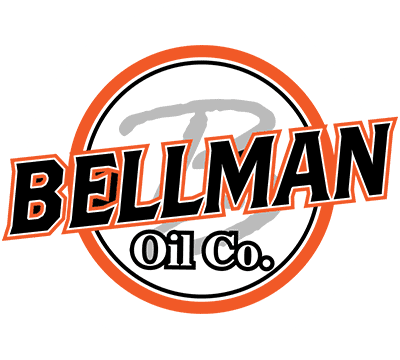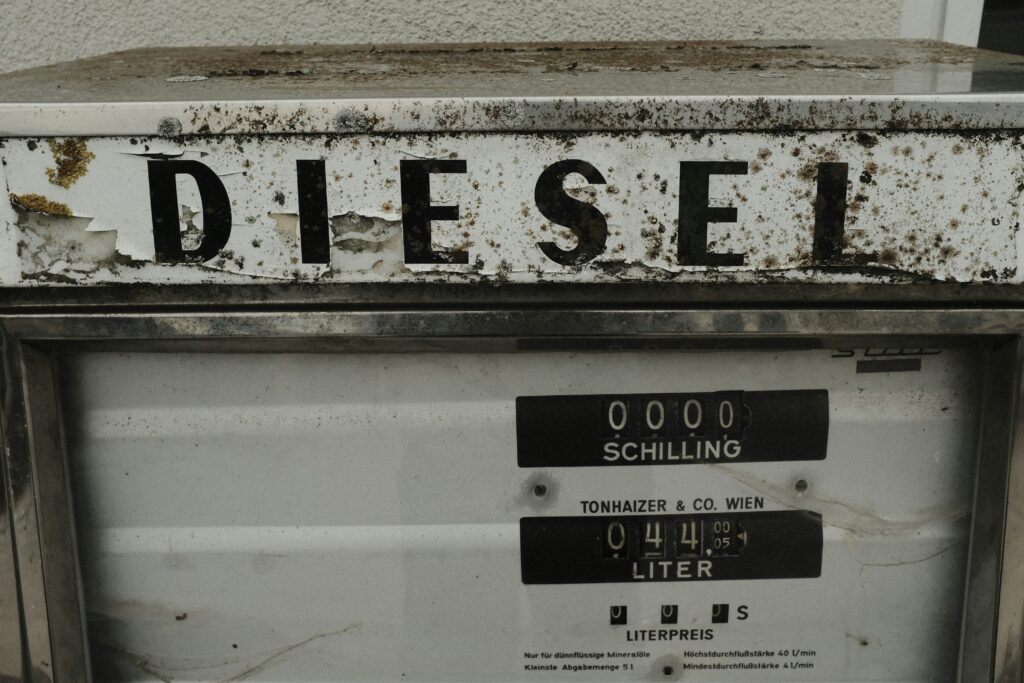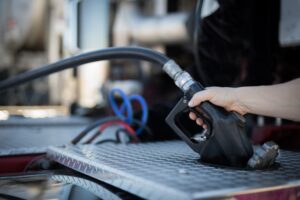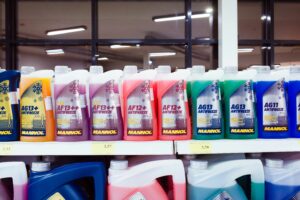Diesel engines are the backbone of modern transportation, providing robust performance and fuel efficiency. However, when combusted, this fuel can release harmful gases and substances, leading to air pollution. To mitigate the effects of this pollution, diesel exhaust fluid (DEF) reduces harmful pollutants emitted by diesel engines. This fluid plays a crucial role in modern diesel engines. So, if you work with diesel engines and need to know about DEF, keep reading!
What is Diesel Exhaust Fluid?
Diesel Exhaust Fluid, or DEF, is a clear liquid substance made of water and urea that reduces nitrogen oxide (NOx) emissions from diesel engines. A study conducted in California found that heavy-duty engines contributed one-third of all nitrogen oxide emissions in the state. These emissions contribute to air pollution, smog formation, and negative health effects.
DEF turns nitrogen oxide into water and nitrogen, two naturally occurring substances in the air. When injected into the engine, this fluid creates a chemical reaction that breaks down the nitrogen oxide in the air, emitting harmless substances instead. As part of recent regulations from the Environmental Protection Agency, heavy-duty diesel engines equipped with selective catalytic reduction (SCR) technology require diesel exhaust fluid to mitigate their impact on the environment. Most diesel vehicles must be built with SCR technology, making DEF necessary for nearly every diesel-run vehicle.
How DEF Works
Selective catalytic reduction (SCR) technology is the system that allows diesel exhaust fluid to separate nitrogen oxide into nitrogen and water. The 2011 EPA emissions standards required all new medium- and heavy-duty diesel engines to integrate SCR systems into the engine. These systems facilitate the chemical reaction caused by DEF, converting dangerous nitrogen oxide into nitrogen and water. This conversion process effectively eliminates the harmful pollutants from the exhaust stream, ensuring compliance with emissions regulations and contributing to improved air quality.
Why DEF?
Diesel exhaust fuel was primarily created in response to growing concern over the effects of diesel exhaust on the environment. The primary pollutant created by this exhaust is nitrogen oxide, which decreases foliage and crop growth. As concerns about environmental sustainability escalate, governments are imposing stricter limits on vehicle emissions. These regulations led to SCR technology being built into almost every new diesel engine. The technology reduces the harmful emissions in exhaust steam by converting dangerous chemicals into commonly found elements, significantly reducing the environmental impact of diesel-powered vehicles.
Common Questions about DEF
Let’s answer some common questions about this environmentally-friendly technology.
Does DEP impact engine performance?
Diesel engines offer high efficiency and performance, so you may wonder: does DEF decrease the performance of these engines? Contrary to popular belief, SCR systems and diesel exhaust fluid do not reduce the engine’s capacity. Diesel engines with SCR technology have the same performance rate as older engines.
What vehicles require DEF?
DEF can only be used in diesel vehicles equipped with SCR technology. These engines pop up in various vehicles, including trucks, buses, vans, agricultural machinery, construction equipment, and passenger cars. Most modern diesel vehicles manufactured after 2010 will likely incorporate SCR technology and thus require diesel exhaust fluid for emissions control.
Is DEF safe to handle?
Diesel exhaust fluid is safe to handle, posing minimal risk to human health and the environment. As with every chemical substance, avoiding ingestion or prolonged skin contact is important. Be sure to take proper precautions, like using gloves or eyewear, to protect yourself when handling DEF.
What happens if a vehicle runs out of DEF?
If you run out of DEF, chances are your vehicle will not start. Most diesel engines equipped with SCR do not operate without adequate DEF reserves to protect against unnecessary nitrogen oxide emissions. However, the chances of you getting stuck on the side of the road without enough fluid are low. These vehicles have sensors and warning systems that give adequate time to refill the tank. Some vehicles may still run without DEF in a reduced power or “limp” mode, limiting performance until DEF is replenished.
How often should DEF be refilled?
The frequency of tank refills depends on driving conditions, tank capacity, and vehicle usage. DEF tanks do not need refilling as often as fuel tanks. Watch for warning signals and promptly refill the tank with diesel exhaust fluid when it gets low. It is important to note that only diesel exhaust fluid should fill this specially designated tank. Using other fluids may lead to irreversible damage to the engine.
Bellman Oil Can Help!
Maintaining the fuel and exhaust fluid needs for diesel engines can be challenging, particularly if your company has numerous vehicles and machinery equipped with these engines. Bellman Oil is your friend in the oil and fuel industry, ensuring you stay on top of your company’s fuel needs. Reach out today to learn more about our oil and fluid options!




